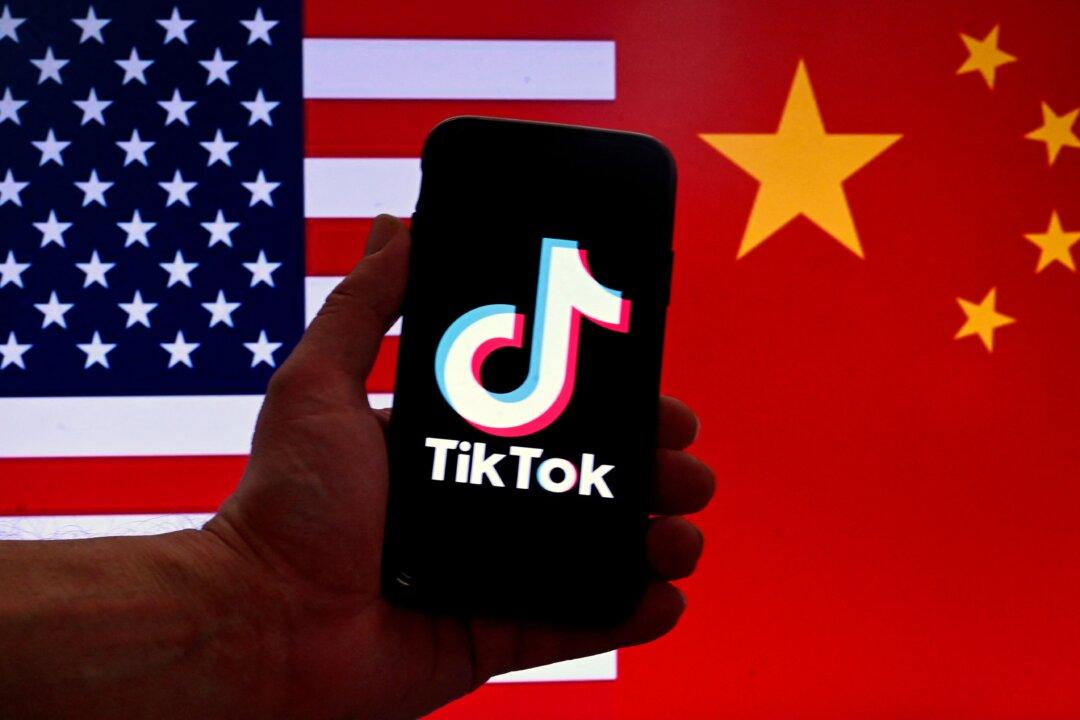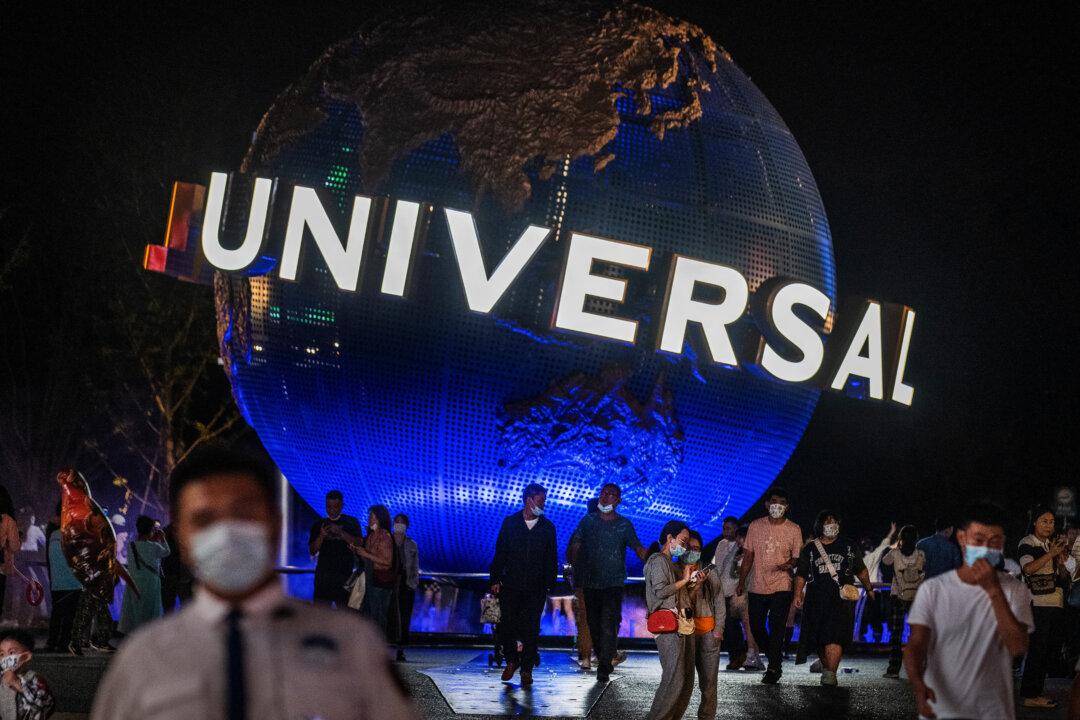Commentary
In the dynamic landscape of global entertainment, the influence of Beijing over Hollywood has long been a topic of heated discussion. Although the box office power of the Chinese market has waned, giving a breath of creative freedom back to our filmmakers, there looms a new and more pervasive form of influence on Hollywood and well beyond: TikTok.



